Due Diligence

Earned Income Tax Due Diligence
By John Sapp, CPA
Vice President of Strategic Development
Drake Software
Over the past 5 or 6 years the IRS enlisted preparers to go beyond Circular 230 requirements and grow dangerously close to crossing the line from assisting taxpayers in complying with the tax code, to providing tax enforcement on behalf of the government.
Taxpayers have historically had an advocate with their tax preparer. The mantra “I don’t want to pay one dollar more than I have to and still be legal…” is a common refrain, as well as “I want to receive the largest refund possible, and still be legal.” This places the taxpayer and the tax preparer squarely on the same side. Tax preparers educate their clients on required documentation, tax law changes, tax planning ideas, and provide them with the benefit of their knowledge of a complicated tax law.
Over the years, successful preparers are the ones that build relationship with their clients and can communicate with taxpayers on everything from grey area tax positions to just what is a child?
Central to this relationship is trust. Can the preparer trust the client to make honest representations and can the client trust their preparer to keep them in compliance?
The very heart of Circular 230 guidance revolves around the trust between tax preparer and their client. It states “may rely in good faith without verification upon information furnished by the client.”
Enter “Due Diligence” requirements for Earned Income Tax Credit. In very vague and general terms, Due Diligence regulations require knowledge and documentation. Pretty simple? Wait a minute. As a result of these “pretty simple” requirements, we now have “Due Diligence Audits” which audit non specific “requirements”. HOW do you prove you’ve met the knowledge requirement? Answer a few random questions from an agent sitting in your office? What’s the passing score on these questions? How many are there? Does the fact you’ve taken EITC classes prove anything? And just HOW do you meet the documentation requirement? If you have knowledge of someone’s living situation, but haven’t reviewed documents, have you met your requirements? Do you have to look at school records? Utility bills? Lease agreements?
Couple that with a $500 fine per return for non-compliance and we have a recipe for disaster.
The challenge isn’t due diligence, it’s guidance. Preparers need to know WHAT documentation is required, HOW to prove they’ve met the knowledge requirement, and on what basis are the standards going to be applied. Currently, there are no specific documents required. This gap allows agents in the field to make wildly varying decisions on documentation, 2nd guessing the preparers judgment, which is the heart of Circular 230 requirements.
We believe it is imperative the IRS provide simple and easy to understand ways to document and verify the due diligence requirements pertaining to EITC, and any additional due diligence (Child Tax Credit?) which may be coming down the pike in the future.



